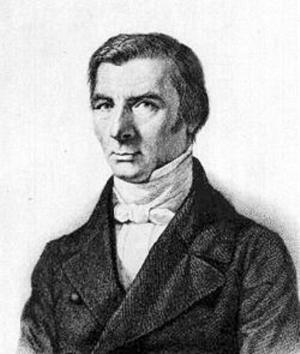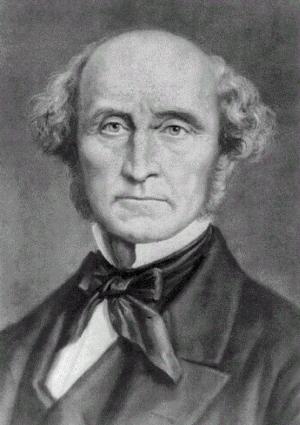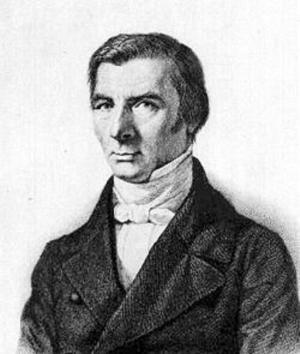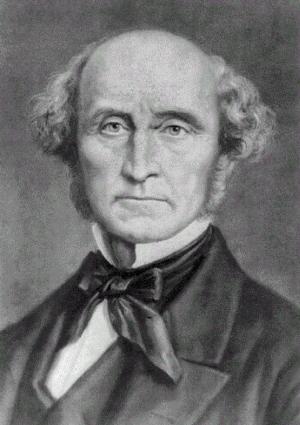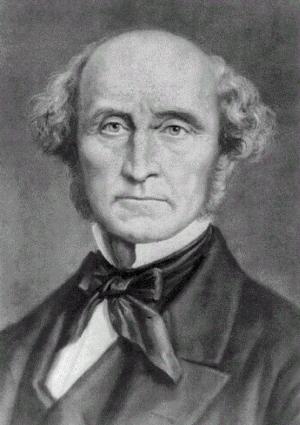ON THE ORIGIN OF SPECIES (Illustrated)
Business & Finance, Economics, Macroeconomics, Theory of Economics| Author: | Charles Darwin | ISBN: | 1230000270461 |
| Publisher: | AS Team | Publication: | September 25, 2014 |
| Imprint: | Language: | English |
| Author: | Charles Darwin |
| ISBN: | 1230000270461 |
| Publisher: | AS Team |
| Publication: | September 25, 2014 |
| Imprint: | |
| Language: | English |
This book has an active table of contents to access each chapter.
The most well-known work An Essay on the Principle of Population was published by Malthus in 1798. Malthus argued that increases in population would eventually diminish the ability of the world to feed itself and based this conclusion on the thesis that populations expand in such a way as to overtake the development of sufficient land for crops. The theory of natural selection by Charles Darwin and his book ON THE ORIGIN OF SPECIES was influenced by Malthus' analysis of population growth. Malthus was often misinterpreted, but his views became popular again in the 20th century with the advent of Keynesian economics.
Darwin published the book On the Origin of Species in his 1859 and successfully unified the theory of the life sciences and social science by explaining the diversity of life. After its publication, the book not only sent an unmatched impact to Biology but also to economy and social science.
Today, the scientific community and much of the general public have accepted evolution as a fact. Darwin’s scientific discovery had influenced governments, organizations, and many later economists including Herbert Spencer and Thorstein Veblen in many ways.
Darwinian evolutionism is one of important intellectual strands that run through many works of later economists. The elements such as natural selection, the struggle for existence, and the survival of the fittest in Darwinism tells us that individuals have little or no control over the forces of change.
Irrespective of historical influence, ON THE ORIGIN OF SPECIES represented a clear shift in the field of biology, similar to Sir Isaac Newton's Principia Mathematica for physics, Antoine Lavoisier's Traité élémentaire de chimie for chemistry, or Adam Smith's The Wealth of Nations for Economics.
This book is for the readers who are interested in analyses of an economic system from an evolution approach and the deepest thoughts of human evolution process by Charles Darwin, one of the greatest thinkers on the planet.
This book has an active table of contents to access each chapter.
The most well-known work An Essay on the Principle of Population was published by Malthus in 1798. Malthus argued that increases in population would eventually diminish the ability of the world to feed itself and based this conclusion on the thesis that populations expand in such a way as to overtake the development of sufficient land for crops. The theory of natural selection by Charles Darwin and his book ON THE ORIGIN OF SPECIES was influenced by Malthus' analysis of population growth. Malthus was often misinterpreted, but his views became popular again in the 20th century with the advent of Keynesian economics.
Darwin published the book On the Origin of Species in his 1859 and successfully unified the theory of the life sciences and social science by explaining the diversity of life. After its publication, the book not only sent an unmatched impact to Biology but also to economy and social science.
Today, the scientific community and much of the general public have accepted evolution as a fact. Darwin’s scientific discovery had influenced governments, organizations, and many later economists including Herbert Spencer and Thorstein Veblen in many ways.
Darwinian evolutionism is one of important intellectual strands that run through many works of later economists. The elements such as natural selection, the struggle for existence, and the survival of the fittest in Darwinism tells us that individuals have little or no control over the forces of change.
Irrespective of historical influence, ON THE ORIGIN OF SPECIES represented a clear shift in the field of biology, similar to Sir Isaac Newton's Principia Mathematica for physics, Antoine Lavoisier's Traité élémentaire de chimie for chemistry, or Adam Smith's The Wealth of Nations for Economics.
This book is for the readers who are interested in analyses of an economic system from an evolution approach and the deepest thoughts of human evolution process by Charles Darwin, one of the greatest thinkers on the planet.



